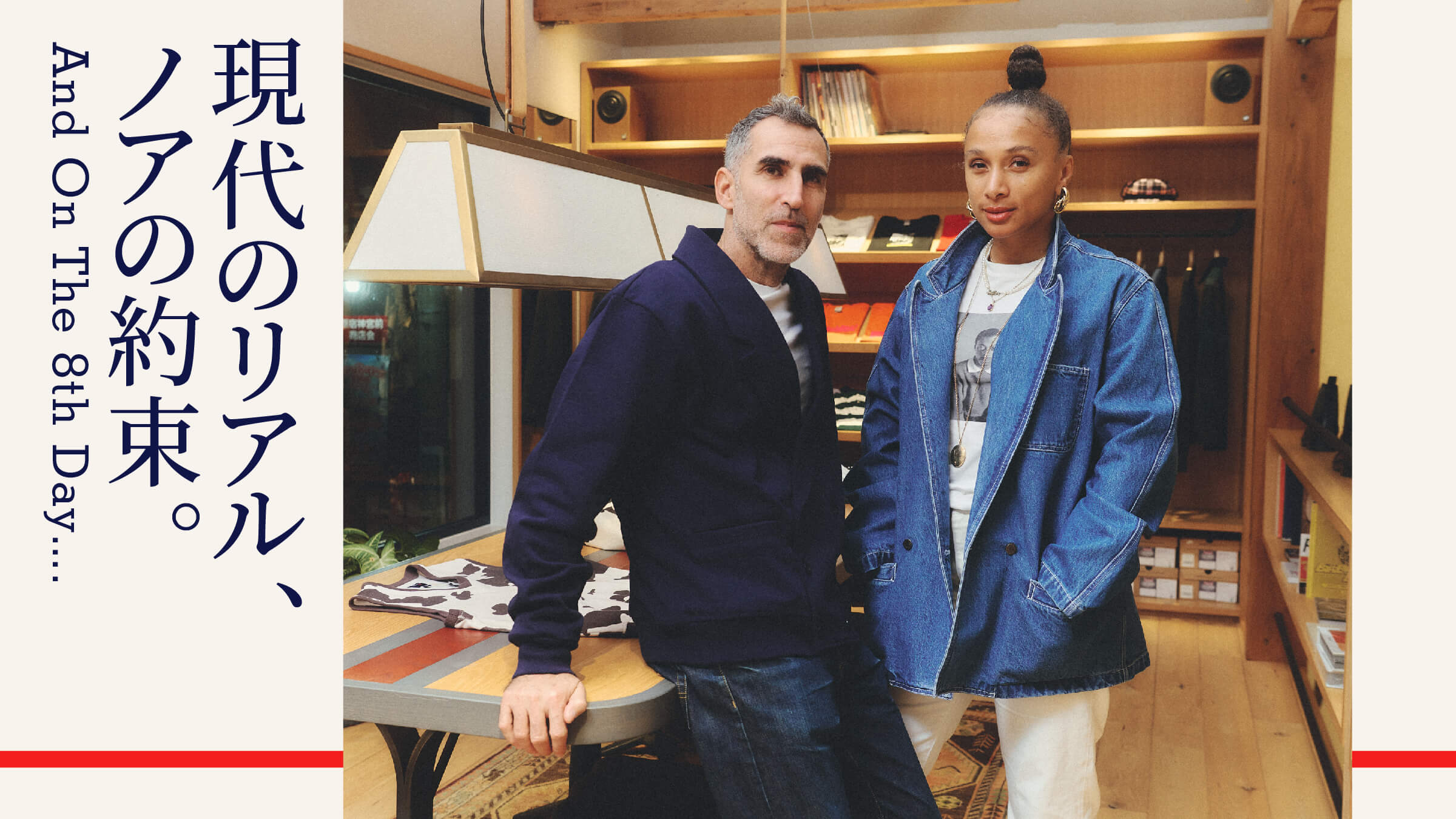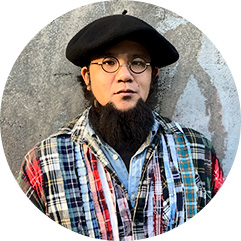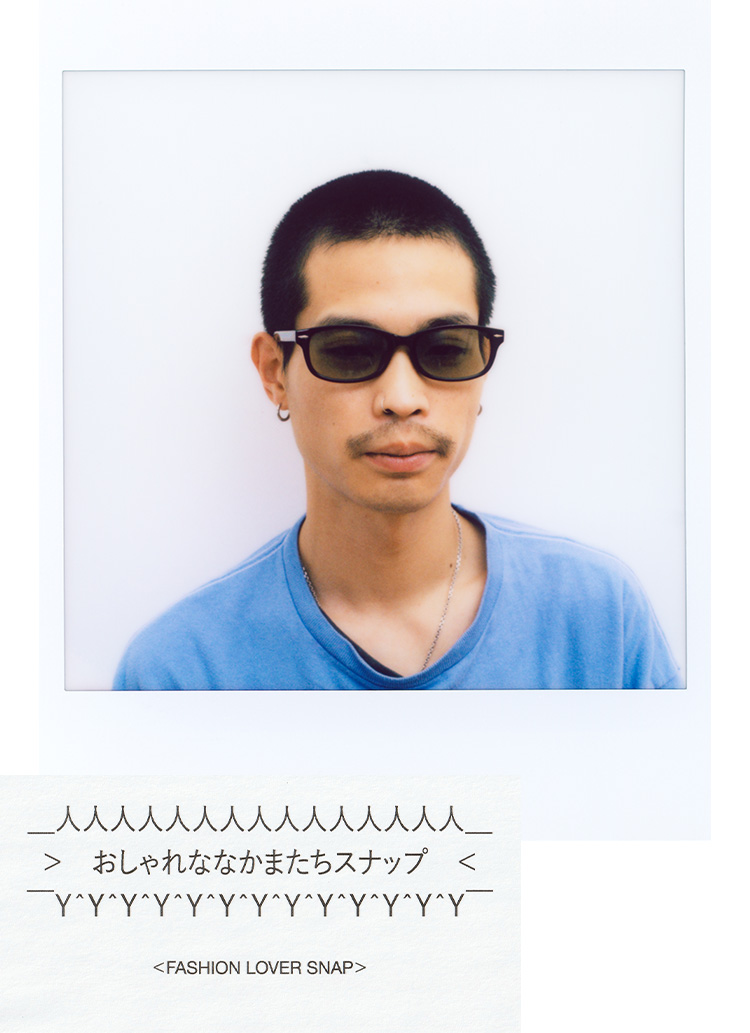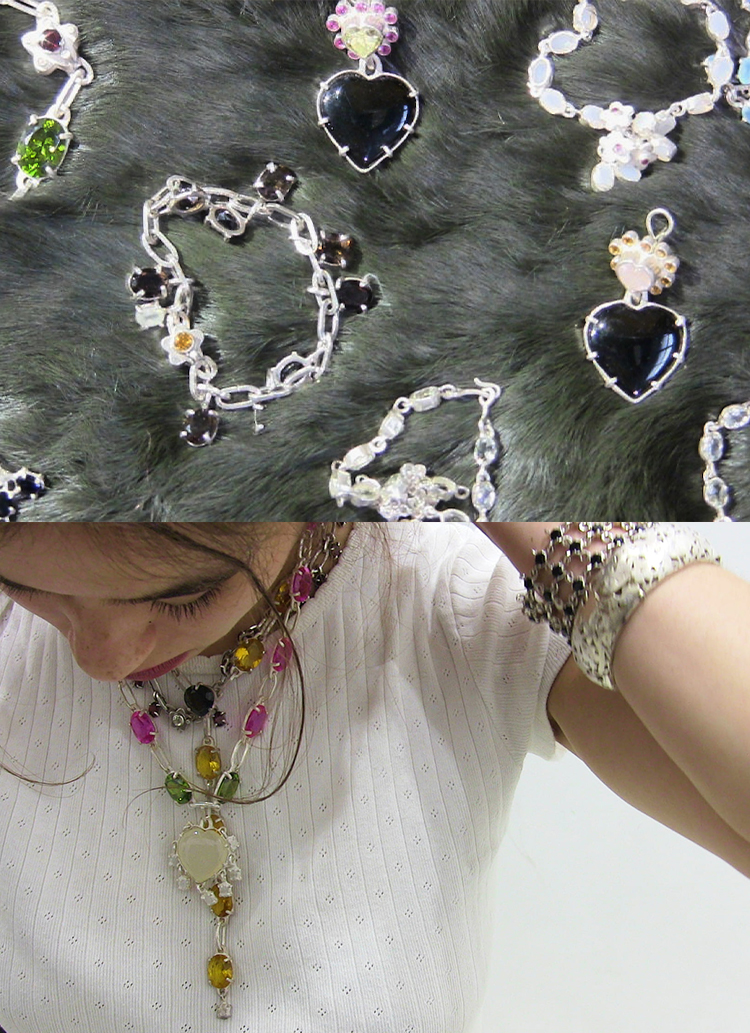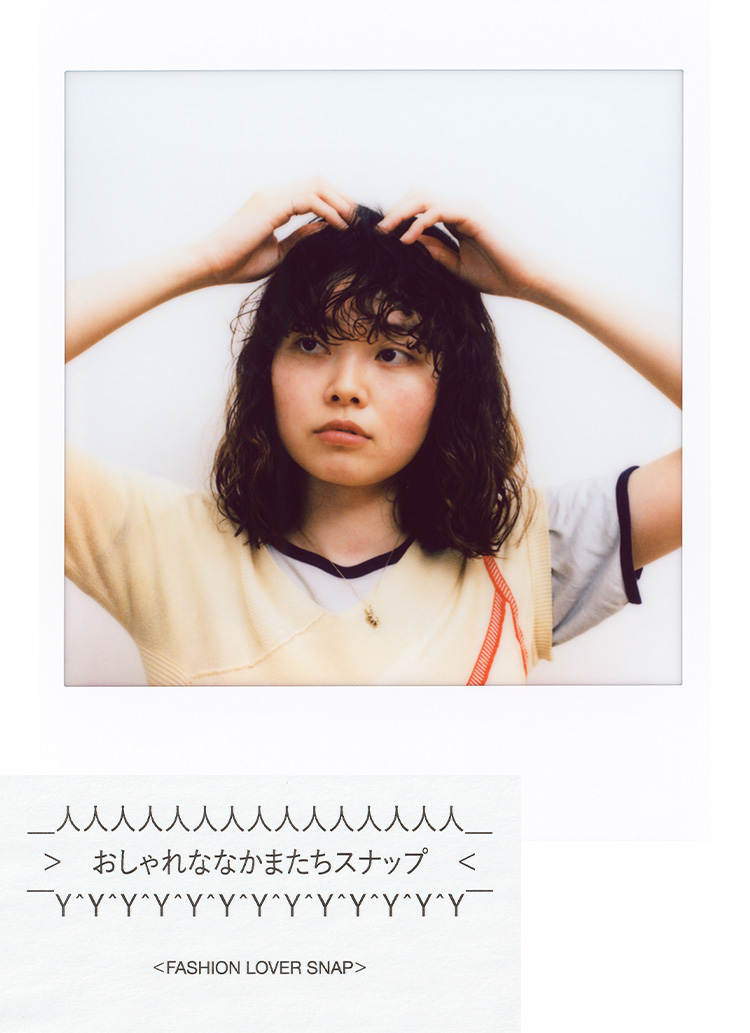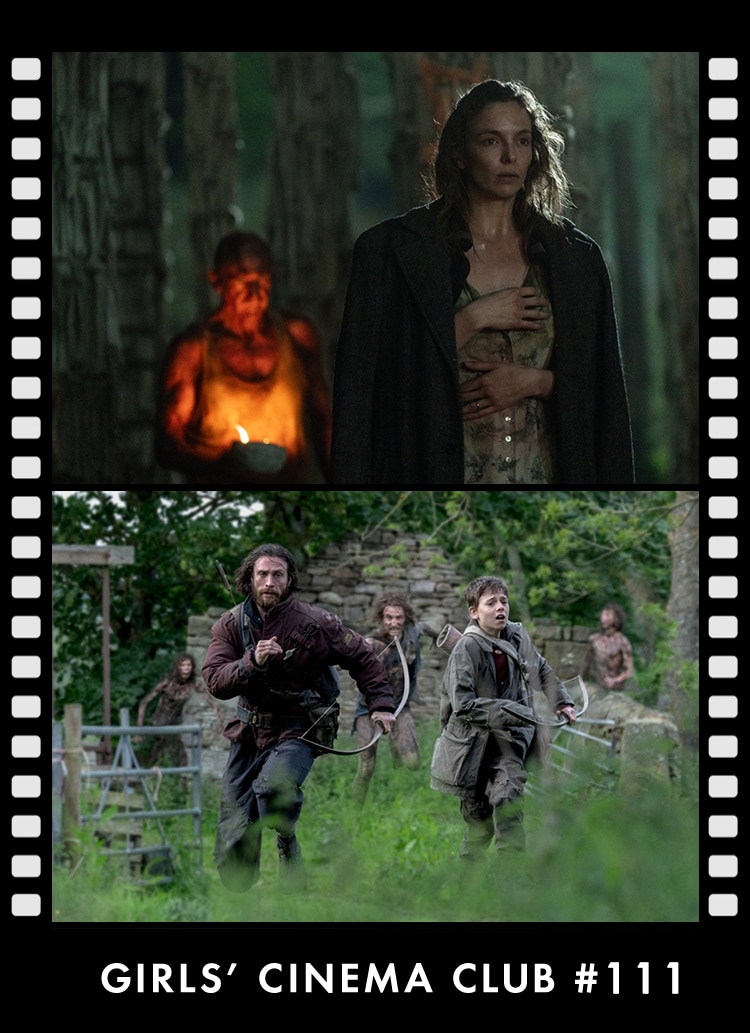
PROFILE
Born in 1972. Born in New York City. After founding Noah in 2002, he became the creative director of Supreme and took a break from the brand in 2007. The brand recently opened a new flagship store in Seoul, Korea.

PROFILE
Born in England, Ghana, and now based in Brooklyn, Brendon is an interior designer, Brendon's partner, and co-owner of Noah's. Through his studio, Dream Awake, Brendon's work ranges from shop design to celebrity home renovations. Through his studio Dream Awake, he designs stores and renovates celebrity residences.
I don't think the term "streetwear" has any substance.

-Thanks for taking the time to talk to me today. Quick question: I feel that many of the supporters of "Noah" in Japan tend to describe it as "street wear with good taste".
Brendon: Considering my background, I can understand why people call my work "streetwear. The items we make, such as graphic T-shirts, caps with a twist, and beanies, have a strong street image. But that's just part of what we do, and we don't have the words to properly express what we do. We do so many different things, and our products vary in type and price. So I guess we end up settling on the word "street. It doesn't matter, but "Noah" is not necessarily streetwear in the traditional sense, and I think it would be good if people paid attention to other aspects of our products.
-Brendon's career has been spectacular, and I guess we all inevitably look to the iconic.
Brendon: I'm a little uncomfortable with being categorized that way, because I never intended to do anything that could be labeled when I started in the first place. Labeling inevitably narrows the possibilities and makes things boring. If you put people in a mold, they will only see things in a certain way. I would like to break down the walls if possible.
Esther: I don't think it's something that can be molded. If you use words like "streetwear" or "lifestyle," it just gets lumped in there.
-I think the media is in no small part encouraging this, so I feel responsible.
Brendon: Yes, I do. Of course, I understand the conflict on the part of the media and the need for a method of expression to communicate things. I think there are things that need to be categorized in some way. But if you actually go to the store and touch the clothes and feel the quality, you will understand that "Noah" is different from street wear. There are suits, too.


-Is quality still a major indicator of the difference between "Noah's" and common street wear?
Esther: The quality is the same, and so is the style itself. It's also about ideology. If you think of sweatshirts and graphic T-shirts as streetwear, of course there are elements of streetwear, but they are part of "Noah.
Brendon: I know this is a bit of a labeling exercise, but the people who are considered "streetwear guys" by the world don't call themselves that. They were just doing something completely different. It could be hip-hop, skateboarding, or graffiti. We were just familiar with those subcultures. Everyone was making things for their own community. No one else was doing it. So the industry lumped it all together and called it "streetwear. But we never felt that Noah was part of it, we never put ourselves in it, and we don't think it's streetwear at all. I don't think the term "streetwear" has any substance.

I know it's a big part of the labeling, but why did Brendon, who was originally at a world-class brand like Supreme, start Noah in the first place? If he wanted to create something better, he could have done it at [Supreme], couldn't he?
Brendon: I couldn't do that with Supreme. It was a different perspective for me personally. Of course Supreme is a great brand, and I grew up skateboarding, so the experience was definitely a part of my life, but I couldn't do everything I wanted to do. But I couldn't do everything I wanted to do, so I had to do it myself. I needed to do it myself, to make things, to tell stories, and to have a different business philosophy.
-What exactly is it that you were unable to do at your previous job that you are now able to do at "Noah's"?
Brendon: It's all of it. Like deciding where to work for charity, or becoming a member of 1% for the Planet (a business alliance dedicated to protecting the natural environment).
Esther: I have the right to make decisions in my own company, so I can do everything as I see fit. I can make my own decisions about where to produce, how to manufacture, and the quality of the products, which I cannot do with other people's money.
Brendon: Yeah. A simple example: Noah's doesn't use polar fleece. Polyester fleece releases a lot of microplastics when washed. It's a good product, and we used to wear it when we were kids. If I had suggested not using polar fleece when I was at Supreme, they would have laughed at me.

-It's only because we are an independent company that we can adopt a minority view. What value do you see in an independent organization in this day and age?
Esther: The smaller the size, the easier it is to be responsible and make choices, and I personally like small, independent brands. The more independent companies there are, the better, and I think there are actually a lot of great brands out there. The process of growth is interesting, of course, but the most valuable thing is honesty.
-I'm sure there are a lot of people who can relate to that, but whether or not to execute it is another thing. Which is harder, starting such a brand or keeping it going?
Brendon: It's about keeping going. When we started, we did things that we thought were new to us, and I think that became the talk of the town. People would say, "That brand is cool, but they also think about the environment and social justice. I don't think there were many other places that could combine socially responsible management with the use of high quality materials. But after a while, other companies started to follow the same philosophy. Even in such a situation, we have to keep doing what we are doing with confidence, sincerity, and integrity. Even if others are doing dishonest business, we have to persevere until the world learns to recognize who is genuine and who is not.
-That's definitely hard....
Esther: Having a platform to talk about what we care about is part of the reason we do Noah. I think it's also social justice to assert one's own beliefs, and for me, the clubhouse is part of that.


